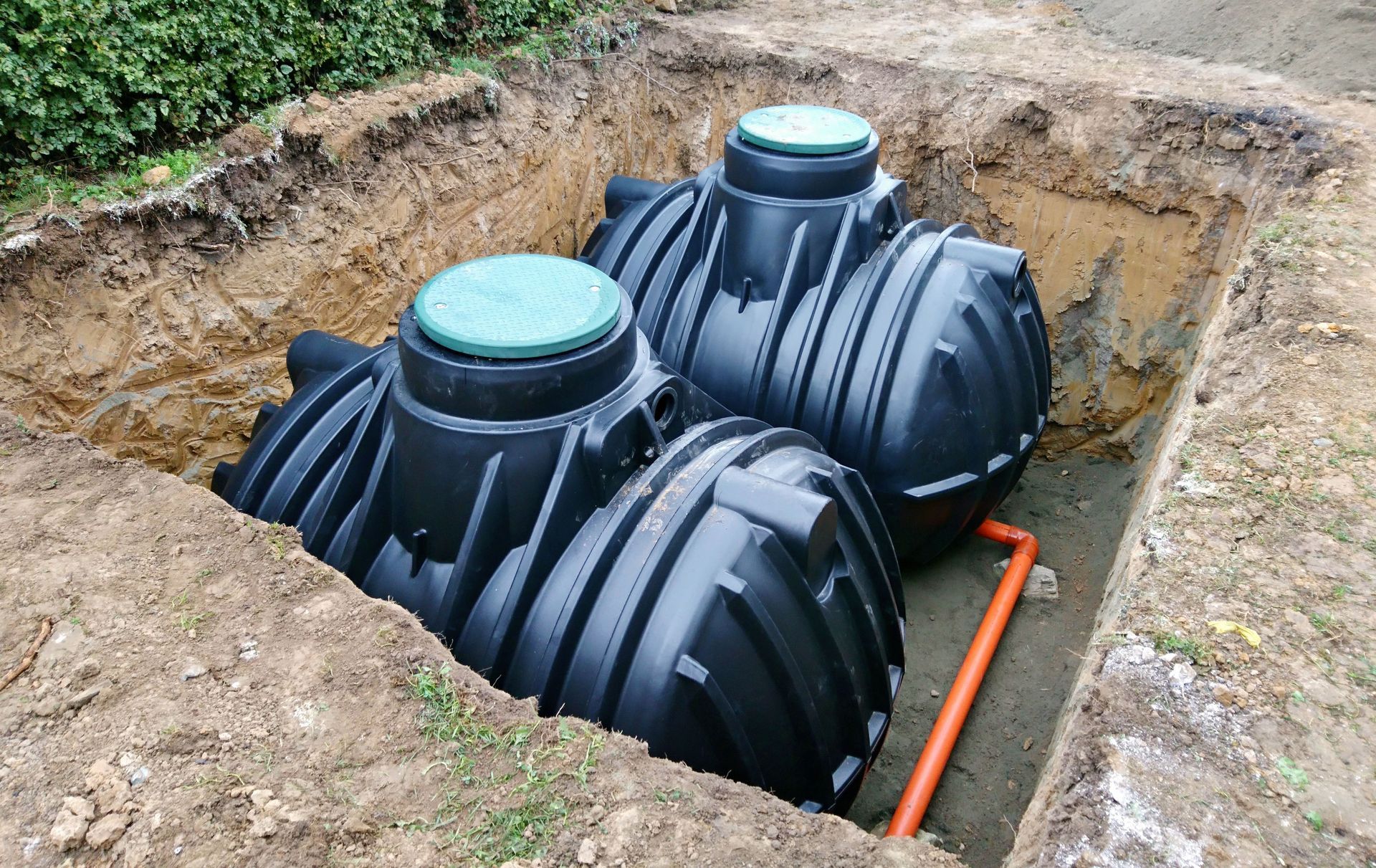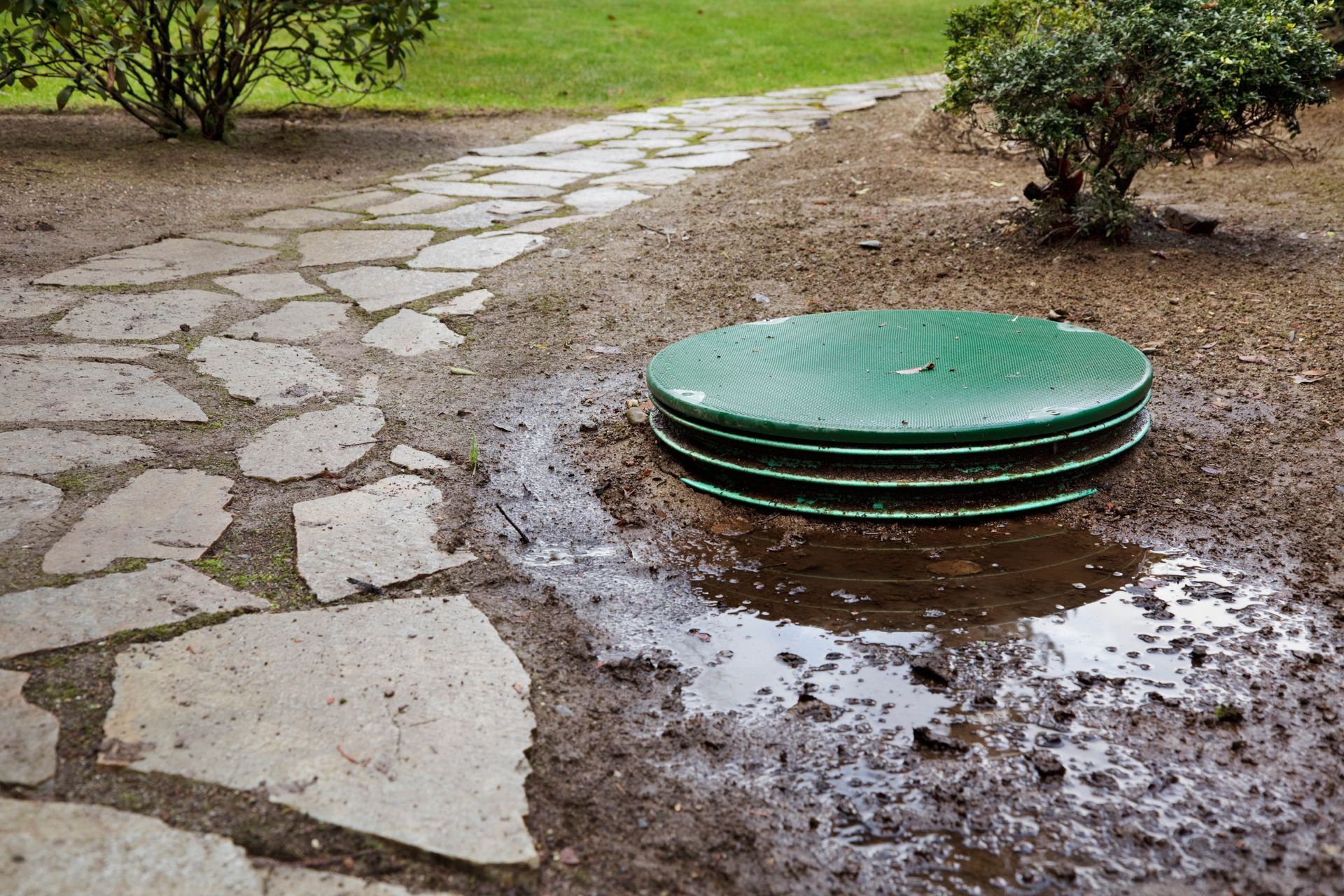How to Choose the Right Septic System for Your Home
Choosing the right septic system for your home is a crucial decision that affects not only your plumbing but also your household's overall sanitation and environmental impact. With various options available, selecting a system can initially seem overwhelming. However, by considering a few key factors, you can make an informed choice about the available septic systems that fits your home's needs and preserves your local ecosystem.
Understanding Different Types
The first step in selecting the right septic system is understanding the basic types available. Conventional systems, including gravity-fed, and alternative systems, such as aerobic treatment units, each have different benefits and installation costs. Gravity-fed systems tend to be more economical and easier to maintain, while aerobic systems may offer better treatment solutions but often come with higher installation and maintenance costs. Properly understanding these options ensures you choose a system that aligns with your household needs and budget.
Assessing Your Property’s Characteristics
Your property's specific characteristics play a significant role in determining the appropriate septic system. Soil type, topography, and lot size can all influence system performance. For example, homes built on a steep gradient or with unsuitable soil conditions might require an engineered septic system design. According to the U.S. Environmental Protection Agency, in the U.S., about 21.7 million households depend on septic systems, highlighting the importance of tailoring each system to site conditions to ensure efficient waste management.
Navigating Regulations and Compliance
Regulatory requirements and local codes further guide your decision. Many regions have specific regulations that dictate the type of septic systems permissible, usually based on environmental protection criteria. Consulting with a local expert or county health department can provide invaluable insights into these regulations. Moreover, securing the necessary permits before installation ensures compliance and helps avoid costly adjustments or fines in the future.
Choosing the right septic system involves a comprehensive evaluation of your home's needs, property characteristics, and local regulations. By considering these factors, you can select a system that not only meets your budget and environmental footprint but also ensures effective waste management for your home. Proper research and professional advice are essential for making the best choice, leading to a long-lasting and efficient septic solution. For expert guidance and reliable septic system installation, contact Lloyd's Excavation and Septic Services today.



Share On: